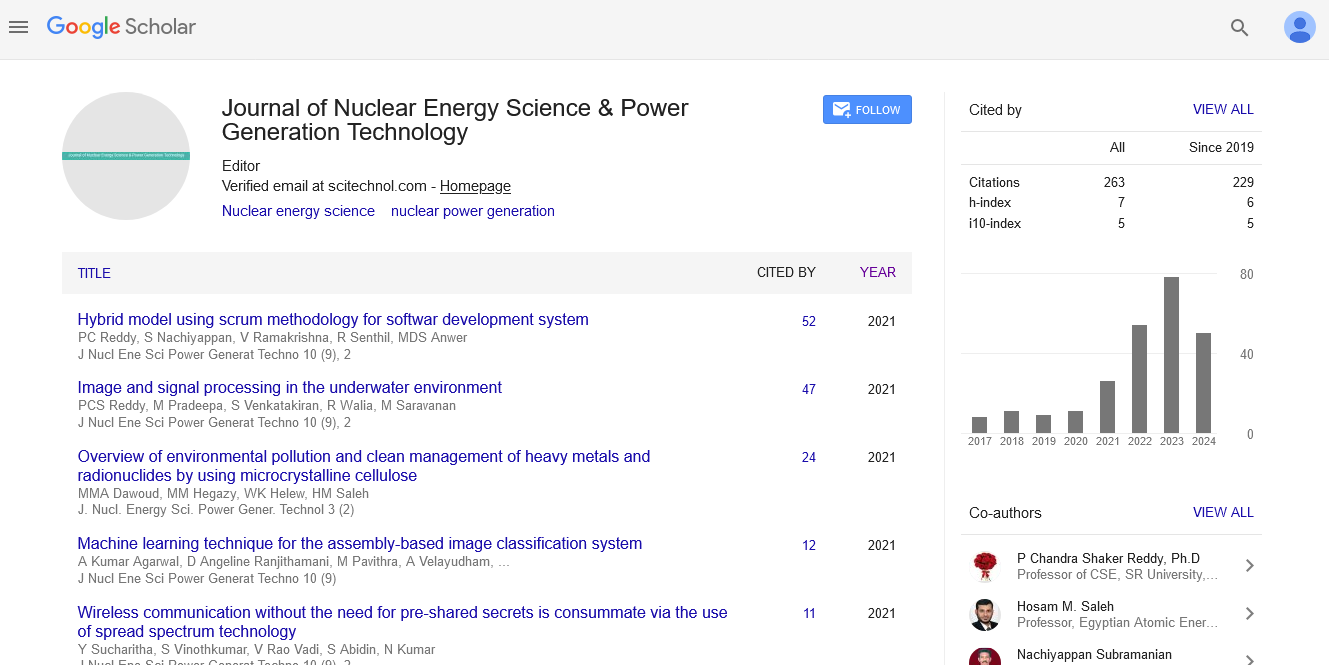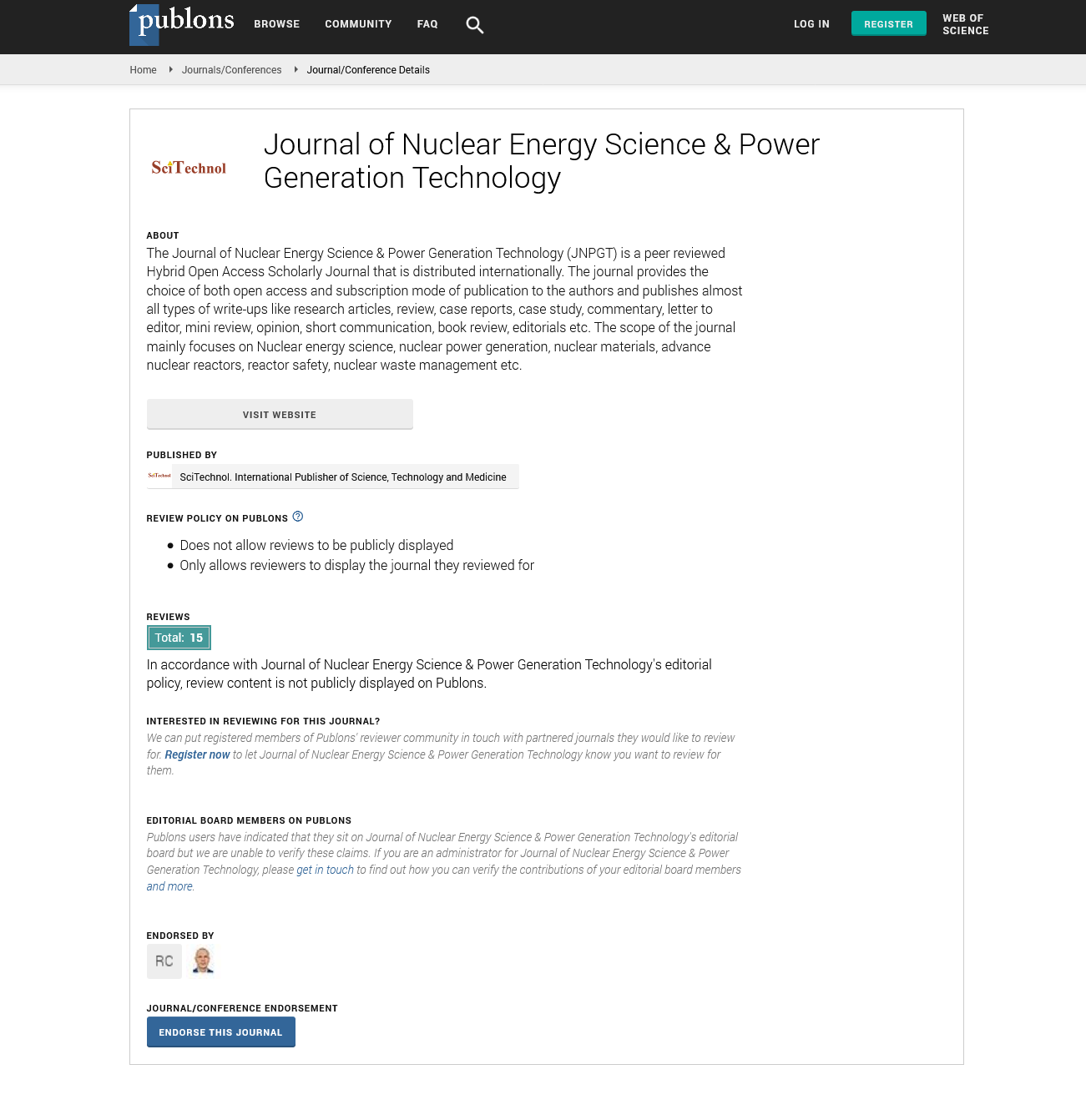Operation analysis of microgrids using an orthogonal table-GA hybrid method
Seizi Watanabe and Shin′ya Obara
National Institute of Technology, Japan
Kitami Institute of Technology, Japan
: J Nucl Ene Sci Power Generat Technol
Abstract
The equipment capacity and operation planning of a compound energy system (microgrid) with renewable energy sources is a dynamic, multivariate, nonlinear problem. Genetic algorithms (GA) provide a facile method for solving such problems and can be easily adapted to complicated energy systems. However, conventional GAs require a long runtime when the microgrid contains numerous energy sources and the solution must be highly accurate. This work introduces a preliminary step in which experimental design techniques, namely, an orthogonal table experiment and a factorial-effect diagram are used to find an operation method that is close to the optimal solution for the energy system. The optimal operation solution is determined by using the operation method obtained from the orthogonal table experiment as the initial generation of chromosomes for the conventional GA. This proposed method does not find a strictly mathematical optimal solution, but the quasi-optimum solution is far more accurate than that from convention GAs and can be used industrially. The characteristics of the output power sources are found to strongly affect the analytic accuracy for the example of a microgrid. Analysis results using fuel cells or gas engine generator will be given in this presentation.
Biography
Seizi Watanabe received Master of Engineering from Nagaoka University of Technology, Japan, in 1989. He is now a Doctor Course Student of Kitami Institute of Technology. His research interest includes renewable energy.
Email: seiji@mech.kushiro-ct.ac.jp
 Spanish
Spanish  Chinese
Chinese  Russian
Russian  German
German  French
French  Japanese
Japanese  Portuguese
Portuguese  Hindi
Hindi 

